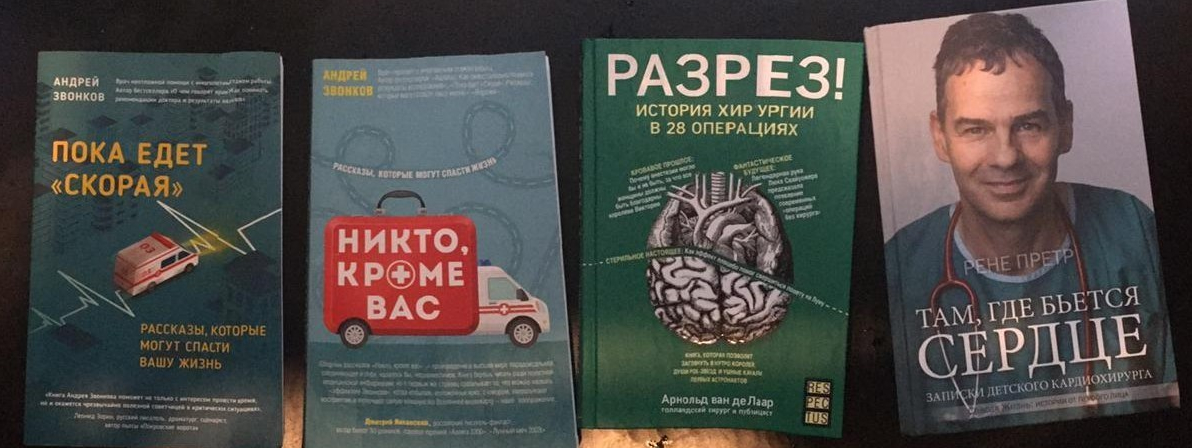Tag: Russian Interpreter in Seattle
-

Resources for Russian Medical Interpreters Part 2: Podcasts
Why podcasts? This post continues a series of posts suggesting resources specifically for Russian language interpreters. The first post listed some books in Russian that I think will be helpful for healthcare interpreters. In this article, we`ll turn our attention to Russian-language podcasts. As I’ve mentioned in my previous post, when…
-

Resources for Russian Medical Interpreters Part 1: Books
A post featuring a list of resources for healthcare interpreters of the Russian labguage
-

Resources for Interpreting in Cancer Care
As interpreters, we should always strive to develop our knowledge and our glossaries. Whether you’re a seasoned interpreter who wants to brush up on oncology terminology before an appointment or a new interpreter who wants to be ready for interpreting in cancer care, I hope this list of resources will…
-

Suggested podcasts for medical interpreters
One of the cannons of National Code of Ethics for Interpreters in Healthcare states that ‘The interpreter strives to continually further his/her knowledge and skills.’ While this is a worthy pursuit, we all lead busy lives and we need to find a way to further our knowledge and skills that…
-

Pre-session: a Medical Interpreter’s Best Friend
A pre-session can help interpreters address and avoid problematic situations. Unfortunately, it’s true that a pre-session does not grantee that everything will go perfectly. Patients and doctors might still address all their questions to the interpreter or make comments to the interpreter and not intended for each other’s ears. However,…
-

Self-care for Medical Interpreters
Being in a ‘helping’ professions has its price. We help others and we love it – but we should also remember to help ourselves by recognizing the warning signs that we are stressed, exhausted or are suffering from vicarious trauma, and by practicing self-care to both prevent and mitigate long-term…